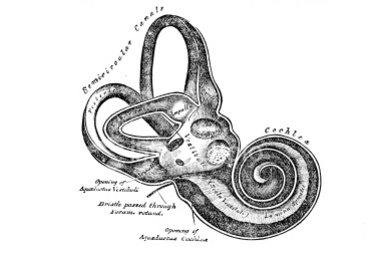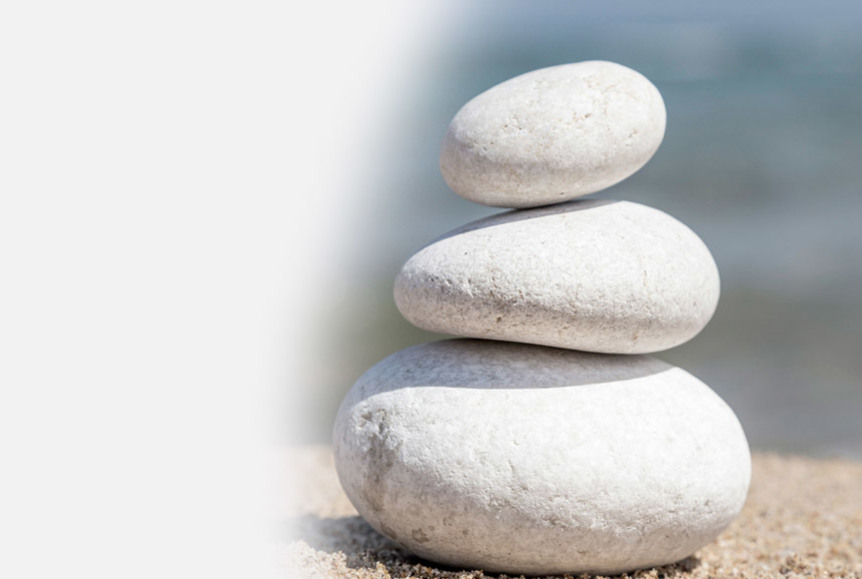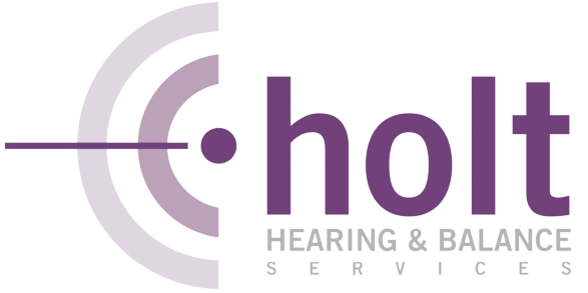
How do we balance?
The way that your body controls your balance is highly complex, yet most of the time it occurs automatically and you do not have to think about it. It is only when it stops working properly, that you realise how much you depend upon it.
The brain uses information from our eyes, sensors in our muscles and joints, and balance organs in our inner ears. The balance organ (sometimes called the vestibular organ or labyrinth) consists of a central chamber with 3 semi-circular canals that are filled with fluid and positioned at right angles to each other.
Every time you move your head, fluid within one or more of the canals moves and sensors detect this movement and send a signal to the brain. This signal is used to control eye movement to allow us to keep objects in focus whilst moving our heads.

What can go wrong?
A balance disorder is a condition that makes you feel unsteady or dizzy, as if you are moving, spinning, or floating, even though you are standing still or lying down. Balance disorders can be caused by certain health conditions, medications, or a problem in the inner ear or the brain.
Vestibular Disorder
When signals to the brain from the balance organ change you may become dizzy. This dizziness can commonly cause restrictions to movement and activites that provoke unsteadiness.
The body can also become over reliant on the other senses that are used for balance (sight and touch).
Although the brain is very good at adapting to changes in the messages from the balance organs, it needs practice to learn the new signals. If activity has reduced, then the brain does not have the opportunity to adapt and recover from the change that has taken place.
Benign Paroxysmal Postional Vertigo (BPPV)
One of the most common causes of dizziness is a condition called Positional Vertigo. Here specific head movements can cause a short lived spinning sensation. We can assess if you have positional vertigo and offer a range of treatment options.

How can we help?
Our assessments involve taking a full history of your symptoms, a medical history, and we will then fully assess your functioning of your vestibular (inner ear balance) system by observing and recording your eye movements, along with other tests of balance functioning.
Balance Rehabilitation
Balance rehabilitation exercises stimulate the balance organs in the inner ears and encourage you to resume activities that you may have avoided for many months or even years.
However, the exercises are graduated so that they slowly become more challenging. They should also be completed in a comfortable and safe environment. It is normal for some of the exercises to provoke the very feelings you have been trying to avoid. You will therefore need to persevere; although your symptoms will seem worse initially, soon you should start to notice improvements both whilst completing the exercises and also in your day-to-day life. Balance rehabilitation can have many different components. We will customise a programme to suit your symptoms and lifestyle.
Some medical conditions can also make you dizzy. It is therefore important that you seek a medical opinion and are fully assessed in order to try to work out what has caused your difficulties. We work with a number of local Ear Nose and Throat Consultants to ensure that you are thoroughly assessed and offered the most appropriate options for helping to reduce your symptoms.








